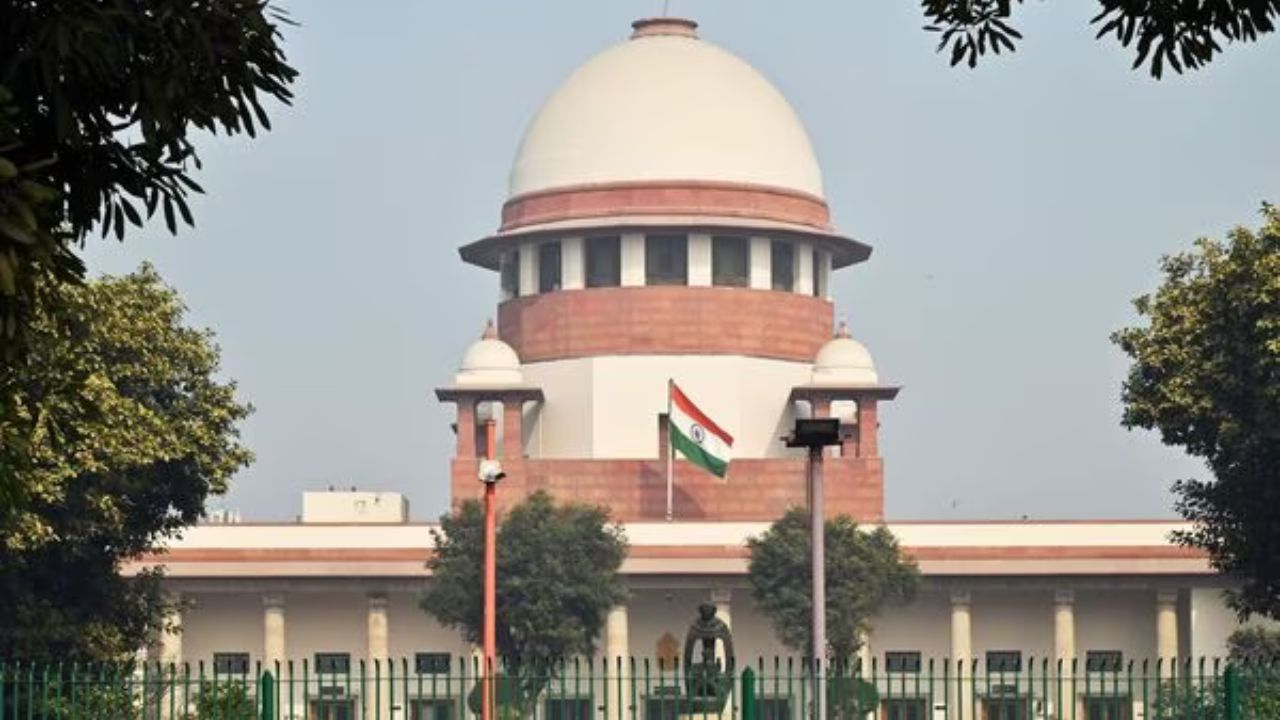The Supreme Court of India has directed the Election Commission of India to conduct elections in the union territory of Jammu and Kashmir by September 30, 2024. The judgment, delivered by Chief Justice of India DY Chandrachud, along with Justices Gavai and Surya Kant, asserted that Article 370 of the Constitution was a temporary provision, and the president had the authority to revoke it.
The Supreme Court also upheld the validity of the decision to bifurcate the erstwhile state of Jammu and Kashmir and carve out the union territory of Ladakh in August 2019. Chief Justice Chandrachud emphasized that the former state did not possess internal sovereignty distinct from other states in the country.
“All provisions of the Indian Constitution can be applied to Jammu and Kashmir,” stated Chief Justice Chandrachud during the pronouncement of the judgment. He added, “We hold the exercise of presidential power to issue constitutional orders abrogating Article 370 of the Constitution as valid.”
According to the Chief Justice, Jammu and Kashmir had become an integral part of India, as evident from Articles 1 and 370. He highlighted that the Constituent Assembly of Jammu and Kashmir was never intended to be a permanent body, dispelling any notion of lasting autonomy.
Article 370, which was abrogated on August 5, 2019, was described by Justice Chandrachud as an interim arrangement established due to war conditions in the region. The ruling clarified that the princely state had unequivocally become an integral part of India.
The bench, comprising Chief Justice D Y Chandrachud and Justices Gavai, Surya Kant, Sanjay Kishan Kaul, and Sanjiv Khanna, assembled at 10:56 am to deliver three separate but concurring judgments. Justices Kaul and Khanna authored their judgments independently.
The Supreme Court had reserved its verdict on September 5 after a 16-day hearing on a batch of petitions challenging the abrogation of the provisions of Article 370. The judgment is expected to have far-reaching implications on the political landscape of Jammu and Kashmir.
As the nation awaits the implementation of the Supreme Court’s directives, stay tuned for further updates on this significant development.

